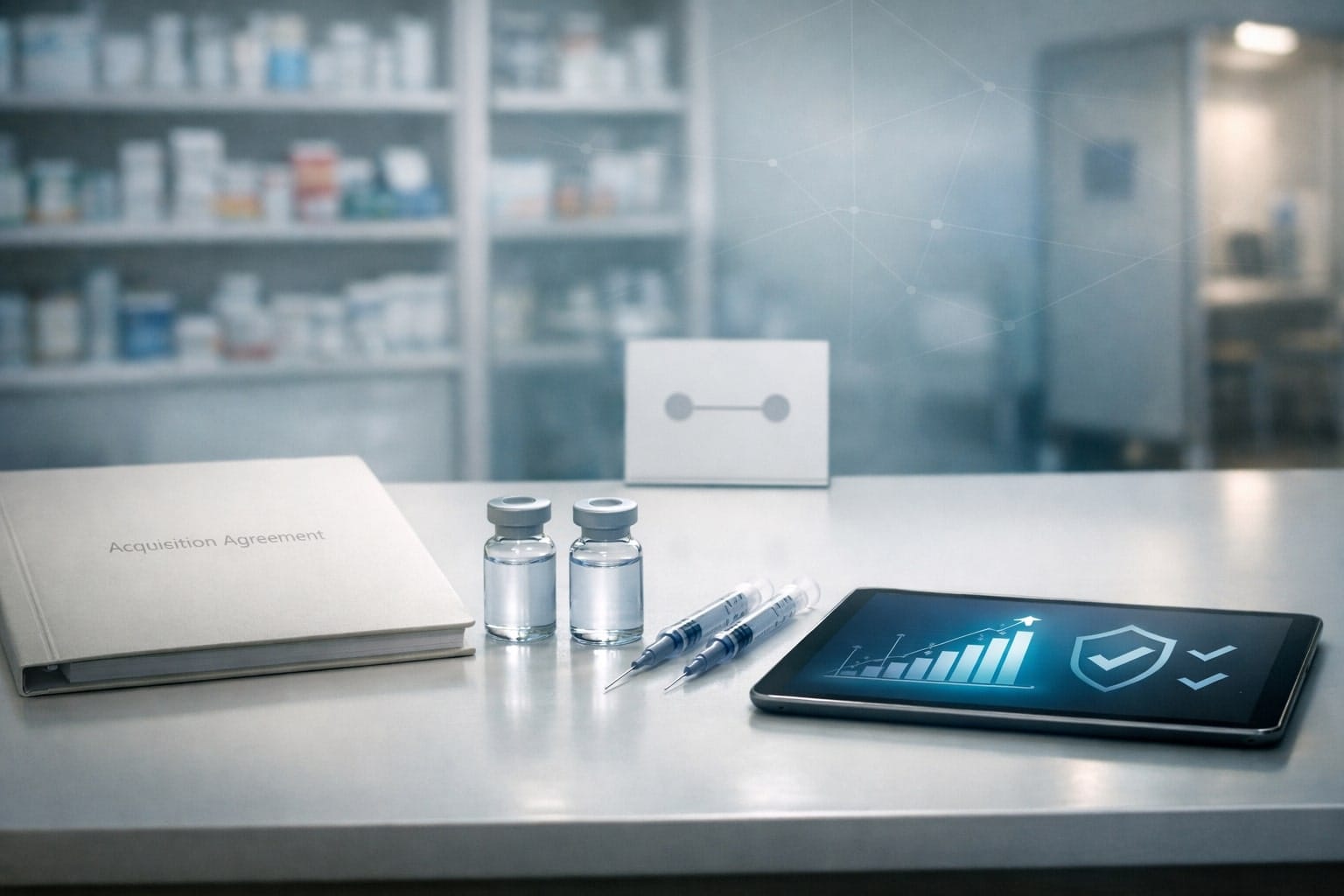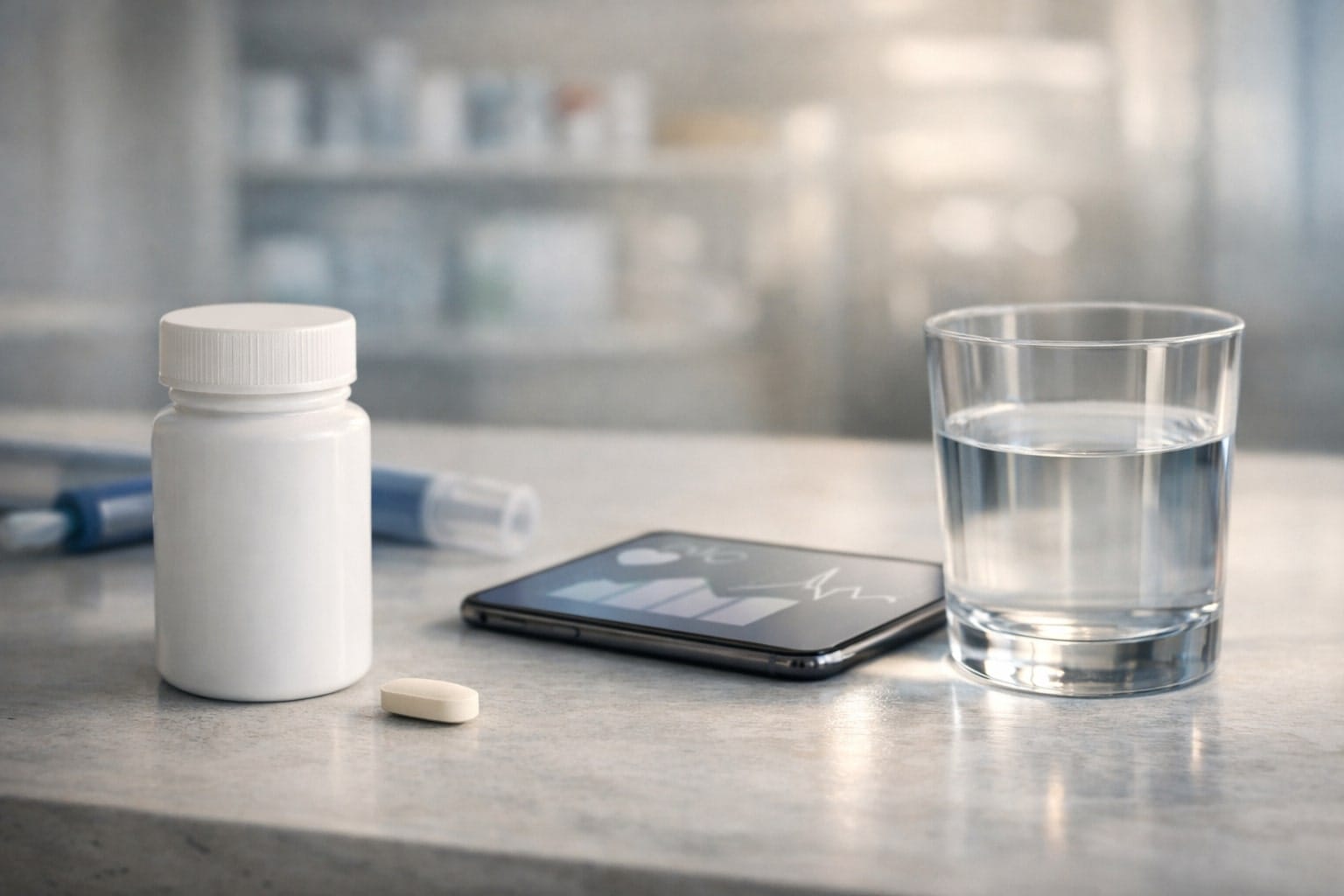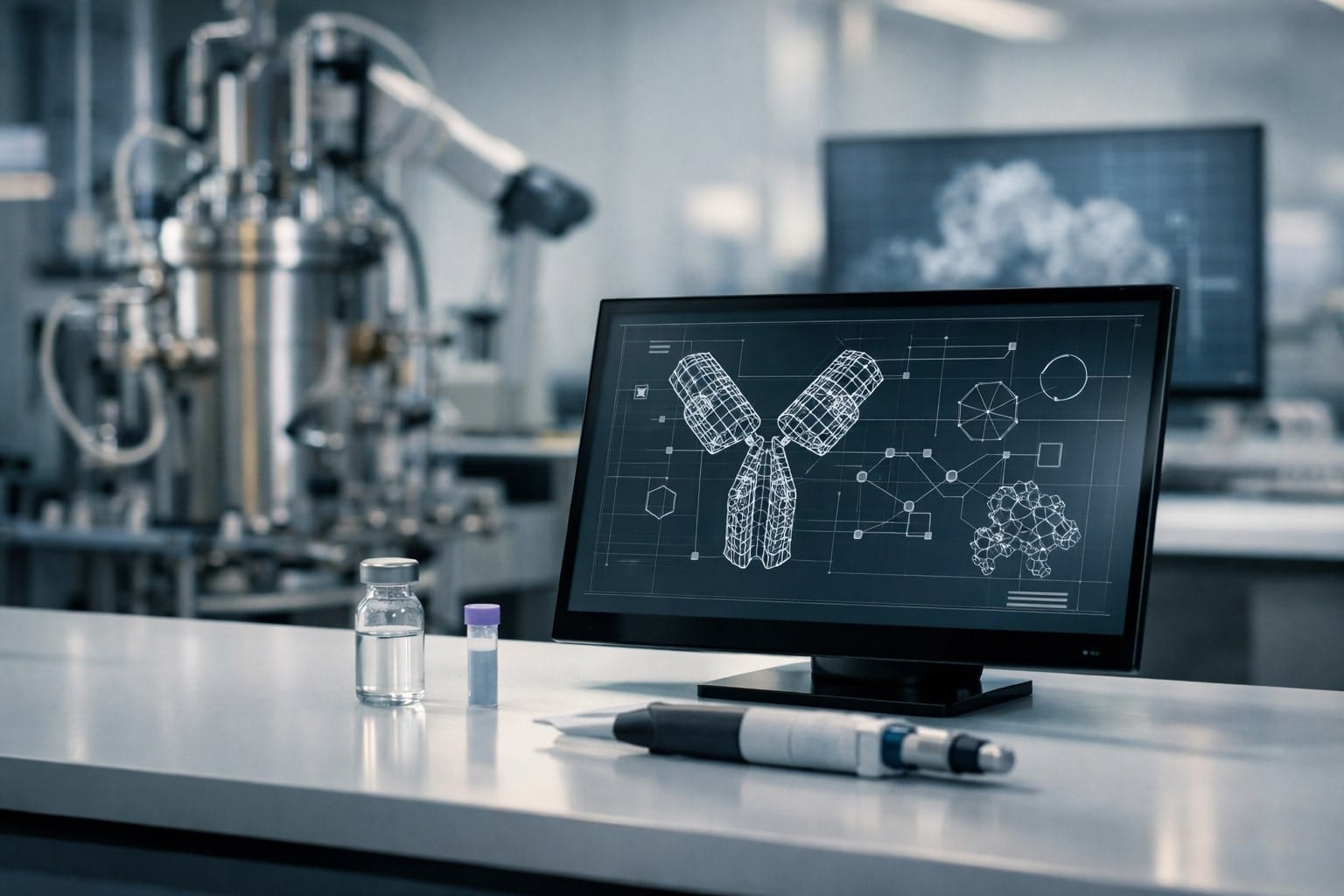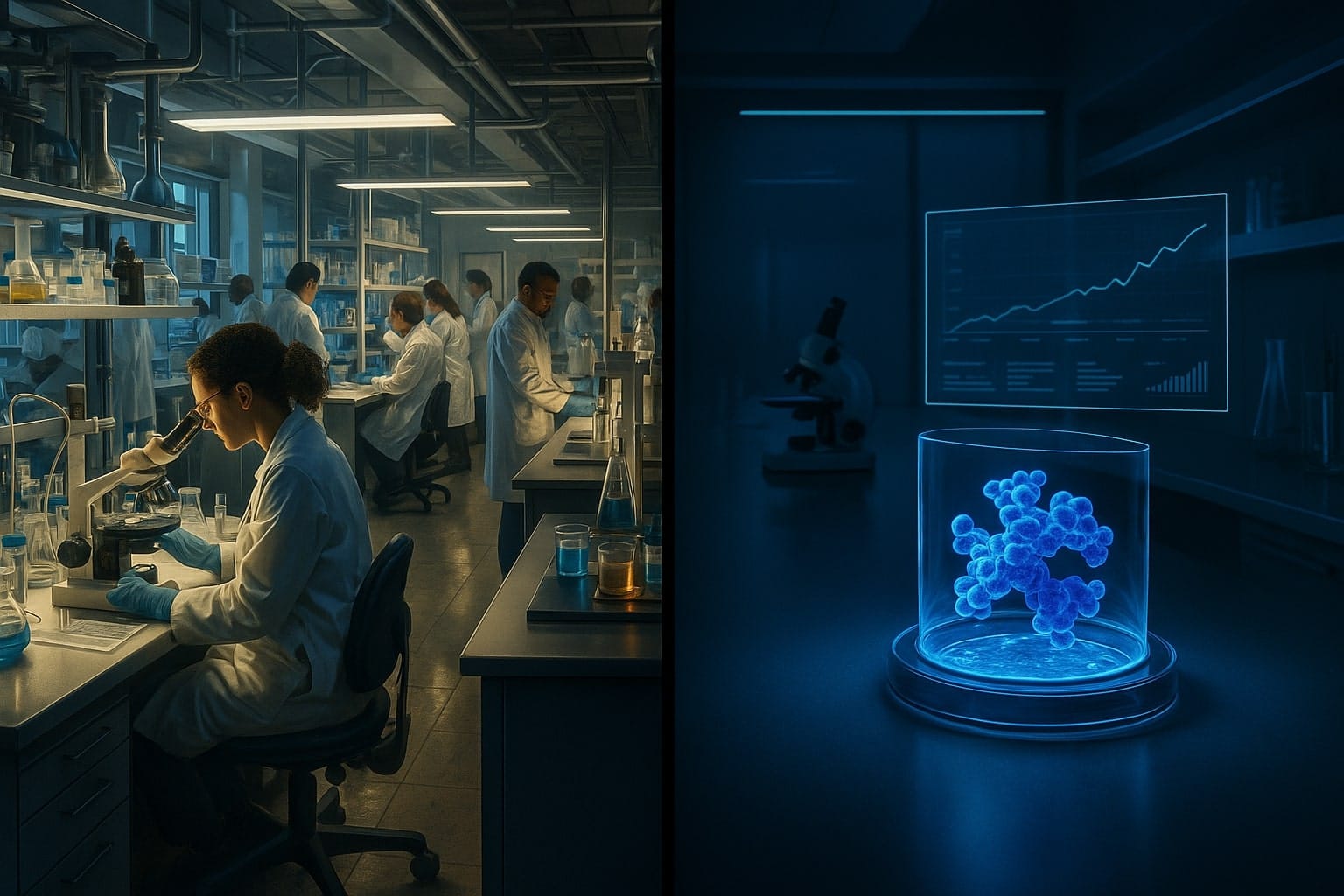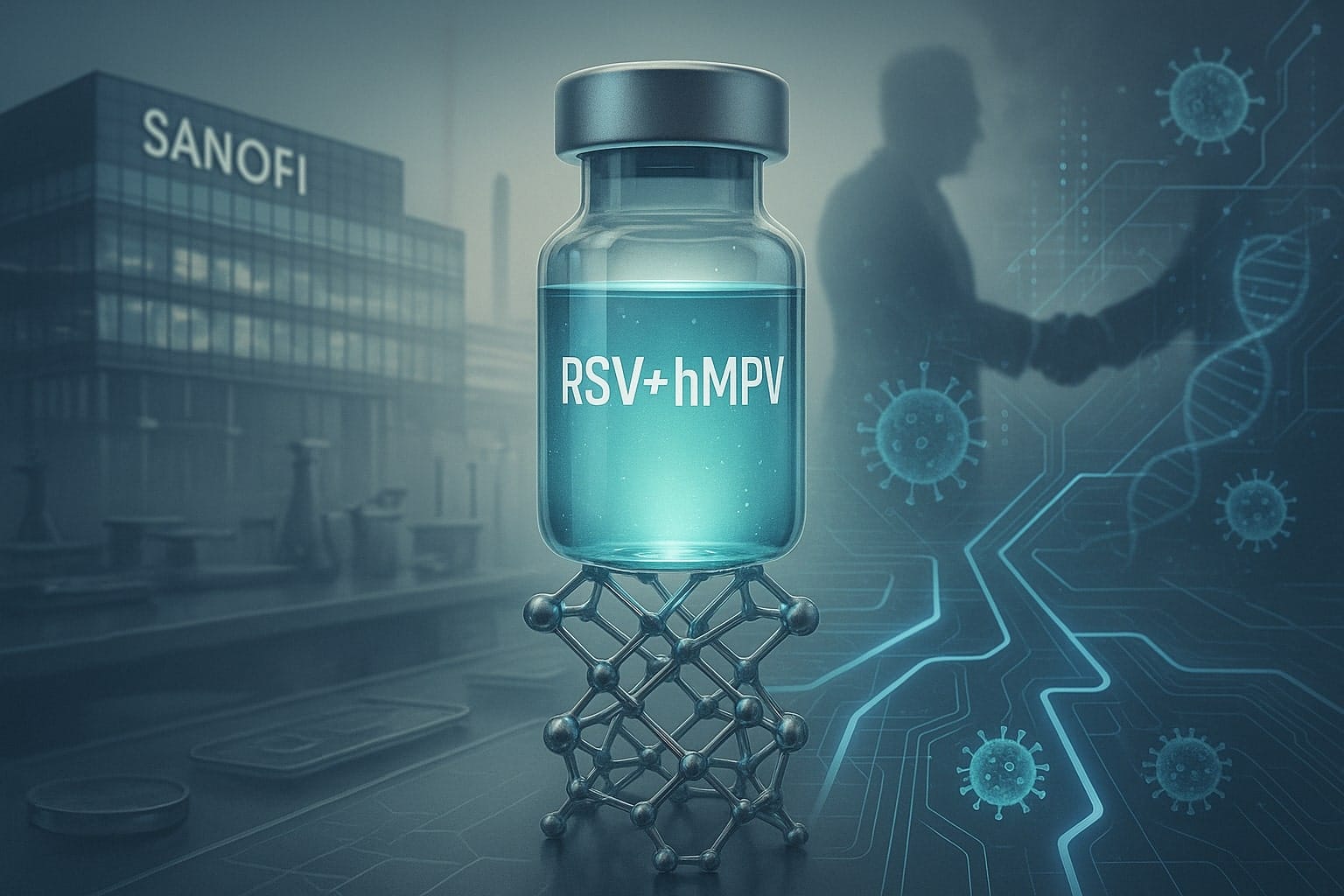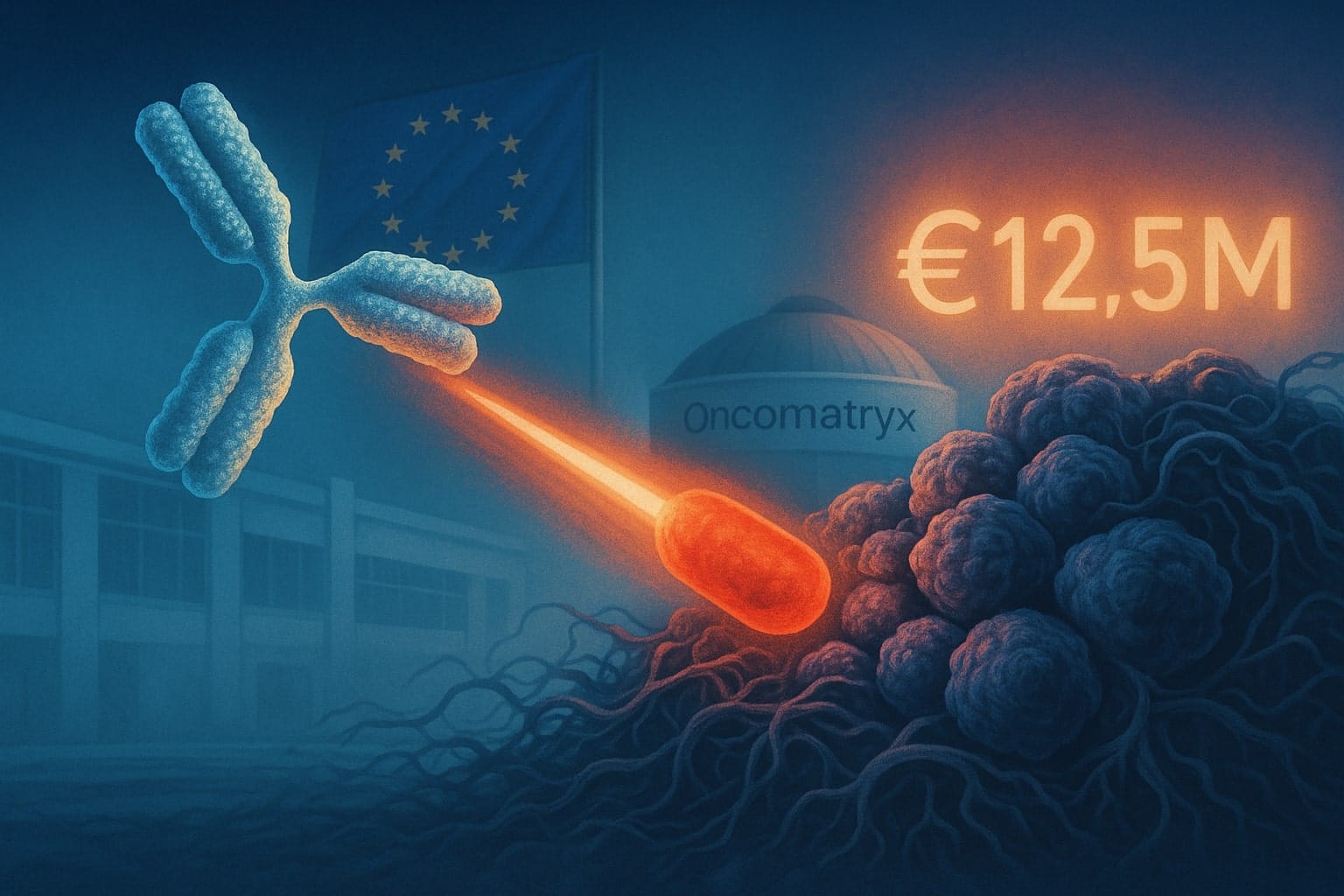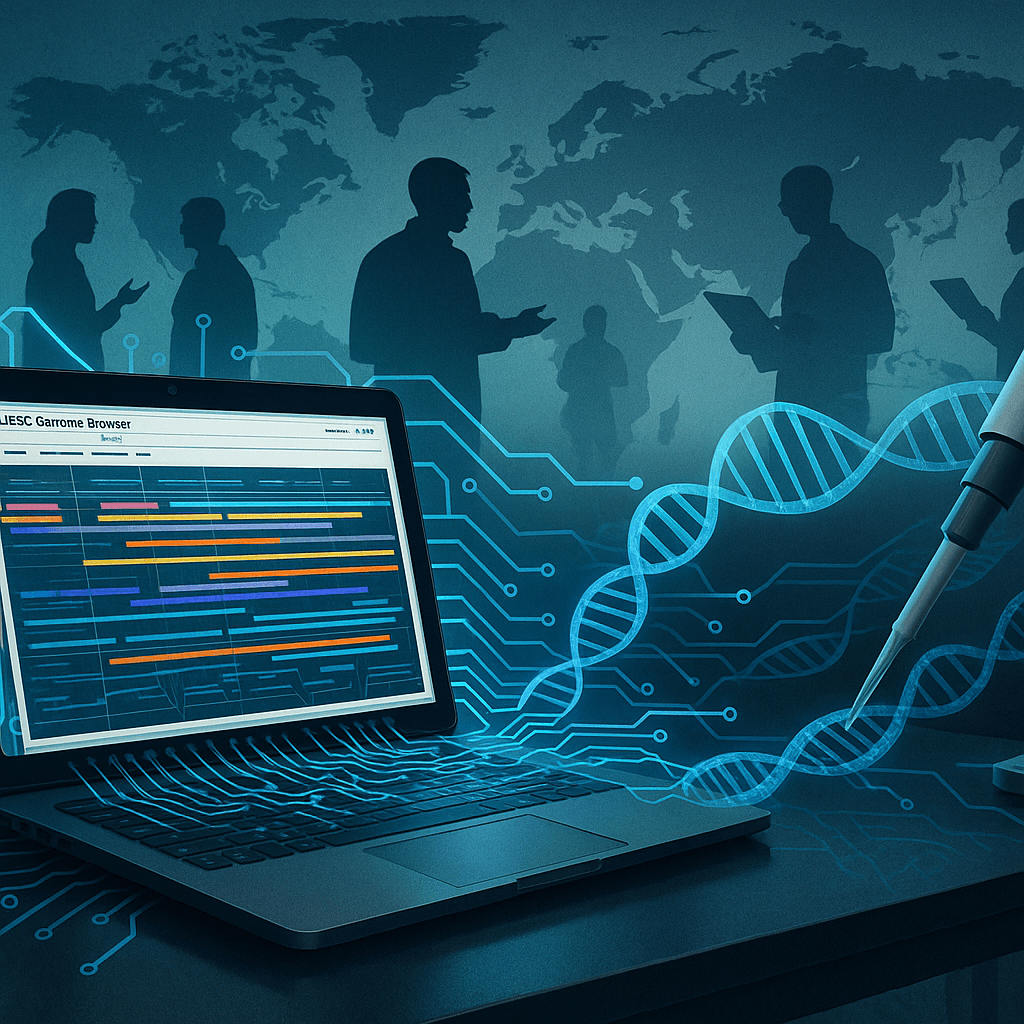Eli Lilly and Company, a global leader in pharmaceutical development, has announced a significant acquisition of Morphic Holding, Inc., a biopharmaceutical company specializing in oral integrin therapies. The deal, valued at $3.2 billion, aims to enhance Eli Lilly’s portfolio, particularly in the treatment of inflammatory bowel diseases (IBD). This acquisition is seen as a strategic move to strengthen Eli Lilly’s position in the biotech sector and expand its therapeutic offerings.
Table of Contents
ToggleBackground Information
Eli Lilly and Company
Founded in 1876, Eli Lilly is one of the oldest and most established pharmaceutical companies globally, known for its innovative treatments for various diseases including diabetes, cancer, and neurodegenerative diseases. With a robust pipeline of drugs and a strong financial performance, Eli Lilly has been at the forefront of medical advancements, recently achieving significant milestones in areas like Alzheimer’s and obesity treatments.
Morphic Holding, Inc.
Morphic, established in 2014 and headquartered in Waltham, Massachusetts, focuses on developing oral small-molecule integrin therapeutics. Their lead product, MORF-057, is currently in Phase 2 clinical trials for treating IBD. Morphic’s innovative approach aims to address autoimmune, cardiovascular, and metabolic diseases, making it a valuable addition to Eli Lilly’s portfolio.
Details of the Acquisition
The acquisition deal involves Eli Lilly purchasing Morphic at $57 per share, a substantial premium over Morphic’s recent stock price, highlighting the strategic importance of this transaction. This acquisition not only aims to enhance Eli Lilly’s immunology pipeline but also positions the company to leverage Morphic’s advanced integrin therapeutics to address significant unmet medical needs in IBD and other related conditions.
Eli Lilly’s move to acquire Morphic is part of a broader strategy to expand its capabilities and offerings in the biotech sector. This acquisition follows Eli Lilly’s recent investments in other biopharmaceutical companies and its commitment to advancing treatments for chronic diseases. The integration of Morphic’s products and expertise is expected to bring about synergies that will enhance Eli Lilly’s research and development efforts, ultimately benefiting patients with inflammatory and autoimmune conditions.

Impact on the Market
The announcement of Eli Lilly’s acquisition of Morphic Holding had an immediate positive impact on both companies’ stock prices. Morphic’s stock surged by approximately 76%, reflecting investor optimism about the premium offer and the potential benefits of the acquisition. Eli Lilly’s stock also experienced an uptick, driven by the strategic value of integrating Morphic’s advanced therapeutic pipeline into its own.
This acquisition is expected to enhance Eli Lilly’s market position by diversifying and strengthening its immunology portfolio, particularly with Morphic’s lead product candidate, MORF-057, which is in Phase 2 clinical trials for treating inflammatory bowel disease (IBD). The move signals Eli Lilly’s commitment to expanding its capabilities in the biotech sector, potentially leading to greater market share and long-term growth.
Industry Implications
Eli Lilly’s acquisition of Morphic is likely to have significant implications for the biopharmaceutical industry. Firstly, it underscores the increasing importance of strategic acquisitions in bolstering research and development capabilities. By acquiring Morphic, Eli Lilly gains access to innovative integrin therapies that can address unmet medical needs in autoimmune and inflammatory diseases.
This trend of acquisition-driven growth highlights the competitive nature of the pharmaceutical industry, where large companies continuously seek to enhance their pipelines through strategic buyouts. The deal also reflects the broader industry focus on advanced biologics and targeted therapies, which are becoming increasingly central to the treatment of complex diseases.
Moreover, the acquisition may prompt other pharmaceutical giants to pursue similar deals to strengthen their own portfolios, potentially leading to a wave of consolidation in the biotech sector. This could accelerate the development of new treatments and bring innovative therapies to market more quickly.
Future Prospects
The future prospects following Eli Lilly’s acquisition of Morphic appear promising. The integration of Morphic’s advanced therapeutic candidates into Eli Lilly’s robust development pipeline is expected to yield significant synergies. MORF-057, in particular, has the potential to become a key asset in Eli Lilly’s immunology division, providing effective treatment options for patients with IBD.
Eli Lilly’s continued investment in cutting-edge technologies and therapies, such as their recent advancements in obesity and Alzheimer’s treatments, positions the company for sustained growth and market leadership. The successful integration of Morphic’s assets is likely to enhance Eli Lilly’s competitive edge and contribute to its long-term revenue growth.
In conclusion, Eli Lilly’s acquisition of Morphic Holding not only strengthens its therapeutic portfolio but also sets the stage for future innovations in the treatment of autoimmune and inflammatory diseases. This strategic move is expected to benefit patients, investors, and the broader biopharmaceutical industry, highlighting the dynamic nature of the sector and the critical role of acquisitions in driving medical advancements.




